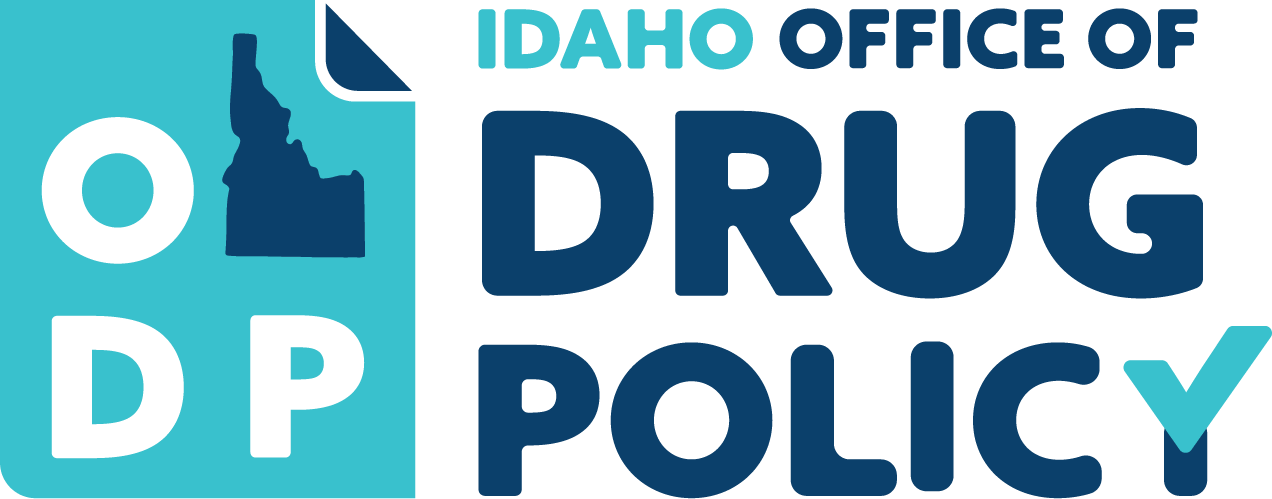Find the SUPTRS BG Primary Prevention Activity & Training Resource Hub at https://sites.google.com/view/suptrs-bg-resource-hub/activity-calendar
Grantee Checklist and Process Guide
- Grantee Checklist for Important Next Steps Before Implementation of Services
- FY24 SUPTRS Grantee Process Guide: How to Use Neighborly, Submit Reimbursement Requests, Complete Activity Reports, Administer Pre- and Post-Surveys, Obtain CPS and PPS credentials, and Access ODPs Online Trainings
FY24 SUPTRS Grantee Onboarding Webinar
Financial Forms
Request for Reimbursement Information
How to Complete Quarterly Activity Reports
Grantee Reporting Timelines & Due Dates
-
- Quarter 1: July 1 – September 30
- Due Date: October 10
- Quarter 2: October 1 – December 31
- Due Date: January 10
- Quarter 3: January 1 – March 31
- Due Date: April 10
- Quarter 4: April 1 – June 30
- Due Date: June 15
- Quarter 1: July 1 – September 30
SFY2024 Quarterly Activity Report Training (41 minutes)
Brief Quarterly Activity Report Tutorial (22 minutes)
Grantees providing direct curriculum-based prevention education (e.g., LifeSkills, Positive Action, Strengthening Families) are required to conduct pre- and post-surveys prior to, and after, the completion of each program cohort. These surveys are used to inform the overall SUPTRS Block Grant program evaluation. After the program year providers will receive a summary outcome report of their programs’ survey results.
Pre- and Post-Survey Administration Instructions
Parental Consent Policy and Forms
Parental consent must be obtained before the implementation of youth surveys. Providers utilizing surveys for Younger Youth Grades 4-5 or Older Youth Grades 6-12 must review the document Parental Consent Policy for Idaho Substance Abuse Prevention Programs Serving Minors. Parental Consent Policy for Idaho Substance Abuse Prevention Programs Serving Minors.
SFY24 SUPTRS BG Pre-Post Survey Training
SFY24 SUPTRS BG Pre-Post Survey Training Presentation Slides
Survey Questions
If you have any questions or concerns regarding the surveys, please contact Jessie Dexter at jessie.dexter@odp.idaho.gov or (208)854-3042
When implementing evidence-based programs and practices, it is important to consider fidelity and adaptation.
- Fidelity: The degree to which a program or practice is implemented as intended.
- Adaptation: Describes how much, and in which ways, a program or practice is changed to meet local circumstances.
Evidence-based programs and practices are defined as such because they consistently achieve positive outcomes. The greater the fidelity to the original program design, the more likely the program will reproduce positive results. While customizing a program to better reflect the attitudes, beliefs, experiences, and values of a focus population can increase its cultural relevance, it is important to keep in mind that such adaptations may compromise program effectiveness. For more information on balancing implementation fidelity and adaptation, click here.
Needs Assessments and Reports
- SFY2022 SABG & PFS Grant Programs Report
- 2021 Idaho Healthy Youth Survey State Report
- 2021 Youth Risk Behavior Survey State Report
- 2021 National Survey of Drug Use and Health (NSDUH) Releases
- 2020 Office of School Safety Annual Report
- 2019 Substance Misuse Prevention Needs Assessment
Evidence-Based Program Resources
- Blueprints Programs for Healthy Youth Development
- Idaho Evidence-Based Practice Selection and Planning Workbook
- CrimeSolutions Programs and Practices, National Institute of Justice
- Office of Juvenile Justice and Delinquency Prevention Programs, OJJDP
- Evidence-Based Practices Resource Center, SAMHSA
- National Mentoring Resource Center, OJJDP
- Selecting Best-Fit Programs and Practices: Guidance for Substance Misuse Prevention Practitioners, SAMHSA
- Finding Evidence-Based Programs and Practices, SAMHSA
Informational Resources
 Official Government Website
Official Government Website
